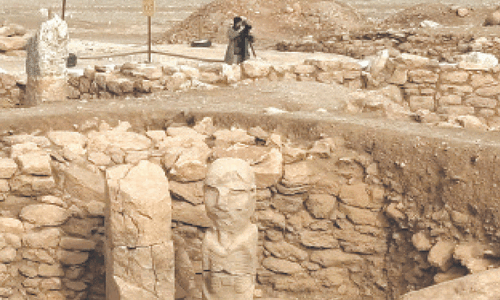LONDON, Dec 8: Britain’s highest court ruled on Thursday that information gleaned from torture anywhere in the world was unacceptable as evidence in British courts. Rights groups immediately said the ruling sent a clear signal to governments around the world who are wrestling with accusations that they participated in, provided facilities for, or used evidence in court extracted from people detained as part of a CIA programme known as ‘rendition’.
The decision by the House of Lords to refuse evidence obtained under torture in third countries comes a day after the United States explicitly banned its interrogators from treating detainees inhumanely after widespread anger and pressure from European governments and the US Congress.
“Torture is an unqualified evil. It can never be justified. Rather it must always be punished,” said Lord Brown, one of seven Law Lords asked to rule on the issue.
Extraordinary rendition refers to a programme in which US operatives capture, detain and transport people suspected of terrorist activities to a third country where they are held.
Human rights groups say holding detainees incommunicado is illegal and often leads to torture.
The director of human rights group Liberty, Shami Chakbrabati, said the ruling sent a clear signal to governments around the world and Amnesty International called Thursday’s decision ‘momentous’.
“This ruling shreds any vestige of legality with which the UK government had attempted to defend a completely unlawful and reprehensible policy,” rights group Amnesty International said.
Home Secretary Charles Clarke said the ruling would not affect its attempts to fight terrorism and insisted London did not condone torture in any way.
The British government had argued that a special tribunal meeting to decide if suspects were a threat to national security needed to consider all available evidence, however it was obtained.
The government had been able to use such information for its secretive Special Immigration Appeals Commission (SIAC), which deals with certain terrorism cases in Britain.
“The majority of their lordships have ruled that evidence should be admitted to SIAC hearings unless those acting for terrorism suspects can establish ... that the evidence was obtained by torture,” Clarke said.
The Law Lords overthrew an earlier ruling by Britain’s Appeal Court in 2004 that secret tribunals hearing cases relating to the terrorism suspects could consider evidence that would not be acceptable in a British criminal court trial.—Reuters
































